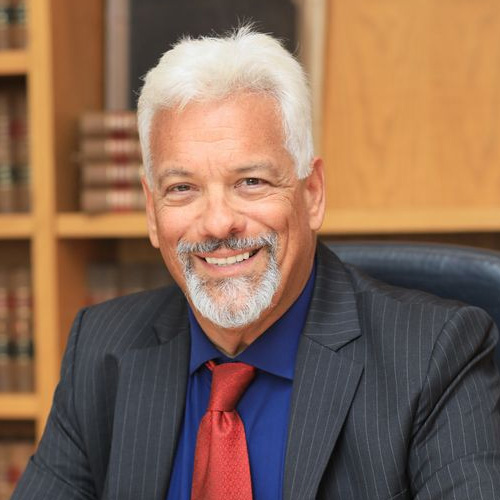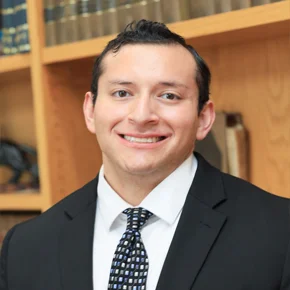Many challenges come with collecting a commercial debt. If the Creditor has a signed personal guaranty by one or more of the owners of the debtor company, the odds of recovery are much better. In those instances where there is no personal guaranty and no voluntary payment, obtaining a court judgment may be the only way to attempt recovery. Even with a money judgment in hand, the only way to recover from a commercial debtor who is not willing to voluntarily pay is to enforce the judgment. The court procedures for such recovery include garnishing bank accounts if known, garnishing substantial debtors of the debtor company to get those payments made directly to satisfy the judgment, and garnishment on equipment, inventory or other personal or real estate of the business.
Even if you find any such items the next problem that may arise is that another Creditor, usually a financial institution, will hold a loan of the business and will have a blanket security agreement and UCC lien which puts them ahead of the judgment and thereby prohibits the items from being turned over in satisfaction of the judgment. This fact shows the importance of researching any perspective commercial customer to determine whether they have any such blanket UCC liens. In Illinois, any person or business can be searched at ilsos.gov/uccsearch.
The good news is that most States have a procedure by which you can compel this other Creditor to appear in the court case to confirm and assert their priority security interest position. In Illinois, statute number 735 ILCS 5/12-710 allows the court to direct notice to the other Creditor to require them to appear on a date certain. The failure to appear or prove that the security interest was filed correctly, pursuant to a written security agreement signed by the debtor, results in a court order that strikes the security interest and allows the judgment Creditor to garnish and recover the items requested.
Also keep in mind, that even if the Creditor properly asserts its priority interest, it will only cover the items specified in their security agreement and there may be additional items that can be recovered. There is also the possibility of reviewing all of the books and records of the commercial debtor to determine whether there are claims against the owners to pierce the corporate veil which allows the Creditor to go at money or other assets that the individuals have improperly taken from the company. If said transfers were done to avoid Creditors, action against the owners personally may be available.
All of this shows that the best way for the Creditor to best protect themselves is to verify whether there is a UCC filing covering assets of the business and to make sure that there is a personal guaranty signed by the owner or owners. That agreement should also allow for the recovery of interest and attorney’s fees for non-payment. In certain instances where a debtor makes installment payments on goods or services already delivered, the creditor may also benefit from having the debtor execute a security agreement allowing the Creditor to secure the first position in certain assets of the business, as well as providing for possible out-of-court remedies to seize said items upon default. Feel free to contact me to discuss your options.
By: Steven J. Greeley, Jr., Partner
Franks Gerkin Ponitz Greeley
19333 East Grant Highway
Marengo, Illinois 60152
Telephone: 815-923-2107
Fax: 815-923-2114
E-mail: sgreeley@fgpglaw.com
Serving McHenry, Boone, DeKalb, Kane and Winnebago Counties in Illinois















